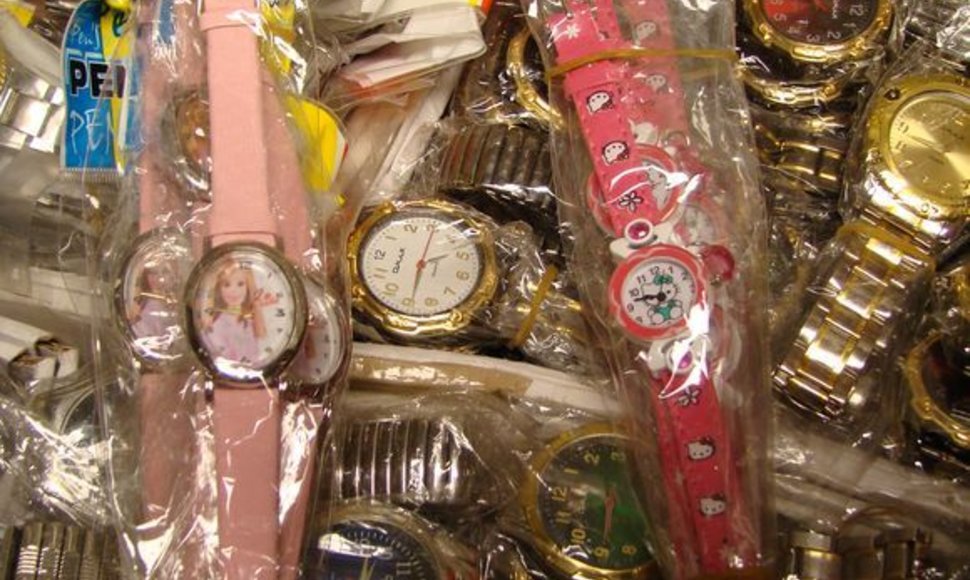The goal of the experiment was to find out how much demand exists in society for counterfeit goods when people are fully aware it is fake, not taking into account the legality of the act or the quality of the product. Of the 100 individuals approached on the street during the social experiment, only one showed interest in buying counterfeit perfume or a handbag, while another took the “seller’s” phone number “just in case.” The rest had no interest in the forgeries and one passer-by even returned to scold the “sellers” for peddling fraudulent goods.
Video overview of the social experiment:
https://www.youtube.com/watch?v=FKscGaLY91c&feature=youtu.be
State Patent Bureau discourages buying counterfeit goods
The experiment is part of a broad information campaign being implemented by the Lithuanian State Patent Bureau in cooperation with the European Union Intellectual Property Office. The campaign is aimed at raising awareness of intellectual property, its protection, and encouraging people not to purchase counterfeit goods.
The campaign was launched before Christmas in order to encourage people to think twice about whether a product is fake when buying gifts for their loved ones during the holiday season. In addition to the social experiment, the State Patent Bureau set up an outdoor JCDecaux stand promoting an authentic Christmas with genuine gifts. Furthermore, a campaign targeting youths was launched on Instagram with the help of site influencers to spread the word about protecting intellectual property.
“By buying counterfeit goods, we not only harm the original product makers – we also present a health risk to ourselves and our relatives because we cannot be sure how safe the counterfeits are,” says State Patent Bureau director Irina Urbonė.
Emphasising the need to educate the public about intellectual property protection, I. Urbonė highlights the results of a study conducted by the EU Intellectual Property Office, which shows that the more people understand what intellectual property is, the less likely they are to violate it.
More about the study:
https://euipo.europa.eu/ohimportal/en/web/observatory/ip-perception-2020
Scale of counterfeiting on the rise
While the results from the social experiment are heartening, nevertheless, figures presented by the Customs Department of the Republic of Lithuania indicate that the scale of counterfeiting is on the rise, as are the number of arrests related to it.
The number of goods confiscated by the customs have been on the rise since 2014. In 2016, the customs confiscated 54 times more goods than in 2015: in 2016, 4.9 million units of goods were confiscated versus over 90 thousand units in 2015. In 2016, this number rose further to 6 million units.
Over the last year, Lithuanian customs officers uncovered 667 cases where individuals were suspected of transporting counterfeit goods. In 2018, there were 287 such cases. Over the last year, 542,258,000 pieces were confiscated— 29% more than in 2018, when 385,727,000 items were seized.
Counterfeits – unsafe for users and harmful to the economy
Experts warn that counterfeit goods can be unsafe and even pose a threat to people’s lives because it is unknown under what conditions and from what materials these goods are manufactured. Illegal trade in counterfeit goods also means unpaid taxes and job losses in the economy. We must also remember that behind counterfeiting, we can also find unbearable work conditions, exploitation of adults and particularly children in third world countries, and the financing of criminal and terrorist groups.












